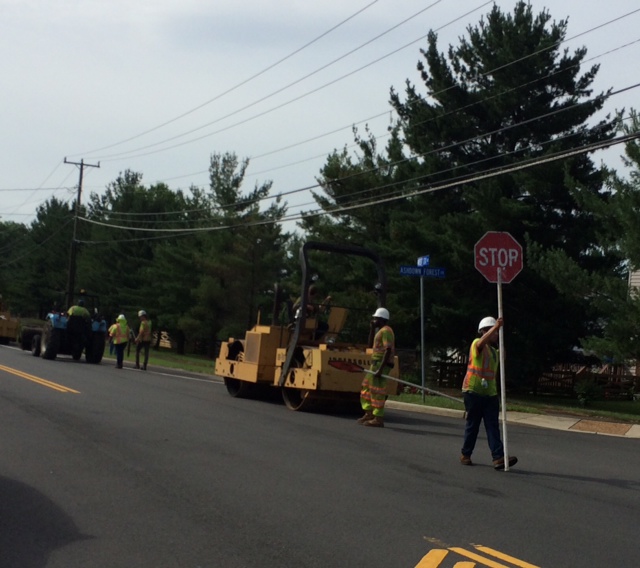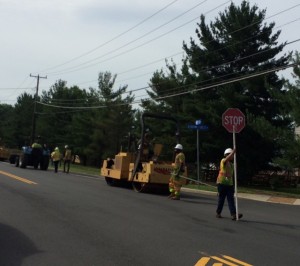
Light Duty Work Always Exists in the Eyes of Workers’ Compensation Judges

It does not matter where you live — city or boondocks — how old you are, how much vacation you have, or whether you have reliable transportation.
Workers’ Compensation judges will assume there is a light duty job you can do if you’re not in a coma, bedridden, or confined in an institution or hospital. The law requires injured victims to “mitigate their damages”. In comp claims this means marketing to find light duty work that you can perform.
Many workers’ comp judges turn a deaf ear toward assertions that “I can’t find a job,” “no one will hire me with a ruined or or bad back,” or “I’m too old and injured for anyone to want me.”
Those arguments are all losers. If you are injured on the job, it may be better to show consistent records of looking for work, training programs, and educational opportunities you can perform within your current physical abilities.
The workers’ comp judges take the position that if a construction worker has injured his back or has broken her leg, he or she can still do flagging work which requires no heavy lifting, bending, carrying, or other heavy physical labor.
Disability judges often point to light duty jobs the claimant can do such as:
- Toll road toll collector
- Fast food restaurant order taker
- Security guard
- Parking lot attendant
The rules regarding light duty work, continued Workers’ Compensation wage loss benefits, and permanent injury are complicated. Hiring experienced counsel is critical to the ultimate success in this area of law. If you or someone you know has been injured on the job and are unable to work, and there are questions as to what laws apply, email or call Abrams Landau, Ltd. at once (703-796-9555).
